Alexandra Fine, Credentialed Sexologist, M. Psych | Written by Dame
What Is Low Libido? | Surprisingly Common Issue | Potential Causes of a Problematically Low Libido | Medical and Lifestyle Solutions | Mental Health Solutions | Hormonal Solutions | Natural Approaches | Commercial Libido Booster Supplements
How do I know my youth is all spent?
My get up and go has got up and went.
- Pete Seeger
Actually, legendary folk singer Pete Seeger didn’t write the lyrics to that time-honored classic; a man named D.E. Shively supposedly did, decades earlier. But that doesn’t really matter for this discussion.
What does matter is that an enormous number of people can relate to the sentiment. Libido, or sexual desire, may occasionally vanish at the worst possible time. It can also be a chronic concern that worsens with age.
Low libido can be caused by physical or mental health problems, prescription medications, fatigue or stress. It can be a result of hormonal imbalances or lifestyle choices. It can be a symptom of relationship or intimacy issues. And even though Pete Seeger wasn’t actually referring to libido in his song, low sex drive can be a byproduct of the aging process.
Whatever the cause, millions of people suffer with low libido – and many of them try natural remedies or over-the-counter supplements in an effort to recover their sexual get-up-and-go.
Can herbs or supplements “cure” a low sex drive? Or are there better ways to revive flagging sexual desire?
Let’s start the discussion with the simplest question of all.
What Is Low Libido?
Libido is simply another word for sex drive or sexual desire.
Perhaps the most important takeaway from this discussion: everyone’s sex drive is different. A person’s libido is a product of biological, psychological and social factors, and it’s influenced by their upbringing, their home and work environment, their relationship(s) and previous sexual experiences, and many other elements of their lives.
With all of those variables, it’s understandable that sex drives vary widely. They can even vary within a relationship, if partners have mismatched libidos.
Here’s why that’s so important. Some people have a naturally high level of sexual desire, others’ libidos are lower than “average,” some only want sex occasionally, and a relative few have no sex drive at all. And none of them necessarily has a problem which needs to be “solved.”
If someone doesn’t need frequent sexual activity to be satisfied with their life, and their lower sex drive doesn’t cause problems in their relationships, then they have no need for a libido booster or any other type of intervention. Their libido is just fine, because they’re happy with it.
On the other hand, when a person’s sex drive seemingly declines or disappears for no apparent reason, or when their natural level of desire begins interfering with their happiness or well-being, that’s an issue that calls for further investigation – and possibly, libido boosters.
Low Libido is a Surprisingly Common Issue
People don’t usually talk about their sexual health in public, unless they’re confiding in a few friends or bragging in a bar or locker room. That makes it difficult to know how many really are suffering with a problematically low libido.
Until, that is, you look at statistics.
There’s been more research on sexual desire in vulva-havers, so there are more numbers available than there are for penis-havers.
One major report, conducted nearly 20 years ago by well-known sex researcher S.R. Leiblum, was compiled from surveys of vulva owners around the world. It found that about 25% of those who had not gone through menopause had low sexual desire; the number rose to about 33% among post-menopausal respondents. A later study basically confirmed those findings among American vulva-havers. 27% of younger participants, and a whopping 52% of those who’d gone through menopause, reported having low levels of interest in sex.
In fact, the problem is so common that there’s actually a recognized mental health disorder known as FSAID, or “female sexual interest/arousal disorder” (a combination of previously-diagnosed conditions called “hypoactive sexual desire disorder” and “sexual arousal disorder). We’ll have more to say about treatments for “female libido” issues a bit later on.
There’s been no authoritative study published on the number of penis-havers with a low sex drive, but anecdotal reports from sexual medicine professionals peg the number at around 20%.
Another way to guesstimate is to start with the number who report any type of sexual dysfunction, which is about 30%. The two most common “male sexual problems” are erectile dysfunction and low libido; since the prevalence of ED ranges from 2% among those in their 30s to about 11% for those in their 60s, that anecdotal 20% number sounds pretty accurate.
One final fact: studies on the subject generally consider “low libido” to be a valid complaint only when the respondents say that a low sex drive is causing them distress or leading to significant problems in their lives.
What could lead to that type of disruption in their sex life?
Potential Causes of a Problematically Low Libido
We know, we know. You want to get to the good stuff: the ways you can boost your libido.
Not so fast, though. In many cases, the right approach depends on what’s causing the issue in the first place. Hormones won’t do much for someone who isn’t interested in sex because they’re in a troubled relationship; that Super-Duper-Libido-Booster you see advertised all the time probably won’t help those whose low sexual interest is being caused primarily by diabetes.
Let’s break the potential culprits down by category.
Medical Problems
You don’t normally associate a low sex drive with “everyday” medical issues, but you might be surprised at the conditions that can lead to a low libido.
Diminished sex drive has been linked to two of the most common health problems in America, cardiovascular disease and hypertension. There’s a good reason why: heart disease and high blood pressure each cause reduced blood flow. And whether we’re talking about sexual arousal in the vulva or the penis, robust blood flow is essential to sexual performance. Poor performance can lead to sexual dysfunction and less desire for sex.
Diabetes often causes damage to the blood vessels, leading to poor blood flow and the issues we’ve just mentioned; in penis owners, it can also be a cause of low testosterone levels (more about that shortly).
Inflammatory bowel disease can flare up in the bedroom, arthritis and Parkinson’s disease may make movement painful or difficult, and the pain or side effects associated with chronic diseases and cancer can all lead to anxiety, stress and possible avoidance of sexual activity. And needless to say, those who experience painful sex (known as dyspareunia) due to issues like vulvodynia are likely to have a lower desire for sex.
Mental Health Issues
Two words lead off this category: stress and anxiety.
Those two common problems are among the causes of low libido most often treated by mental health professionals. And a third closely related one is depression – frequently a byproduct of stress and anxiety, but also a major contributor on its own to a decreased sex drive.
Research has clearly linked stress to lower sexual desire in vulva-havers, and studies on anxiety and depression have done the same. No definitive link has been proven between stress and low libido in penis-havers, but anxiety has been shown to affect their sexual function.
Studies on depression and libido provide the clearest causal evidence for all genders. In one, more than one-third of penis owners and more than 40% of vulva owners suffering with depressive disorders reported a significant decline in sexual interest.
Hormones
Estrogen and testosterone are called “sex hormones” for a very good reason. Not only are they largely responsible for sexual development and function, they’re also integral to sex drive.
Estrogen levels vary throughout the menstrual cycle, so it’s natural for those with vulvas to experience monthly fluctuations in sexual desire. It’s also normal to experience an increase in libido during pregnancy and a decrease immediately after childbirth. However, estrogen production drops significantly during and after menopause, with an accompanying post-menopausal drop in sex drive.
Those effects are expected. When hormone levels are lower than they should be, however, that can cause an unexpected and problematic loss of libido. There are several possible causes of low estrogen levels, including pituitary gland and kidney issues.
In those with penises, there’s no precipitous drop in testosterone production; it remains about the same until age 30 or so, and slowly decline after that. Low testosterone levels, particularly in younger penis-owners, will almost always lead to a decrease in sex drive.
One related note: the neurotransmitters dopamine (the “feel-good hormone”) and serotonin (the “happy hormone”) are intimately involved in sexual desire, and problematic levels of dopamine or serotonin may also be responsible for a low libido.
Relationship Issues
This can be a big one, and it makes intuitive sense. When a couple is having relationship problems, regardless of their genders, those difficulties often affect their sexual desire. And studies have confirmed that the levels of intimacy in a relationship are directly related to the partners’ libidos.
Medications
Low sex drive (among other sexual dysfunctions) is a well-known side effect of many prescription drugs. The biggest offenders are anti-depressants; the worst of all are SSRI medications like Paxil, Lexapro and Zoloft, but some tricyclics and MAOIs cause sexual issues as well.
A number of other medications, including opioids, anti-anxiety drugs and steroids, plus some drugs used to treat cardiovascular issues and high blood pressure may also affect libido.
Lifestyle Choices
If it’s “bad for you,” it might also affect your sexual appetite. Smoking, excess drinking, drug use, obesity, and high cholesterol levels caused by poor dietary choices have all been linked to libido problems. Some therapists also believe that porn can play a role – not because it’s “bad for you,” but because it may lessen the desire for real life sexual activity by distorting people’s ideas about body image and intimacy. That hasn’t been proven by research, however.
That’s a huge list of possibilities. Let’s first look at the therapeutic libido boosters that are used to deal with some of those health and wellness issues; we’ll get to more generic libido enhancers after that.
Libido Boosters: Medical and Lifestyle Solutions
When a medical condition, illness or disease – or a prescribed medication – may be causing or contributing to low sex drive, the first step is always to consult the doctor or medical professional treating the issue. They’re best suited to recognizing and diagnosing potential sexual side effects and recommending solutions. In many cases, a change in medication (or change in dosage), or some lifestyle changes, can bring back a low libido.
Speaking of lifestyle, obvious changes to habits like smoking, heavy drinking, drug use or overeating can often revive flagging sexual desire. Those changes may require consultation with health professionals or counselors, but that’s well worth the effort if sexual pleasure is more important to you than the problematic behavior.
There’s another common cause of low libido that doctors can often help with: aversion to sexual activity due to painful sex or sexual dysfunction.
There are number of treatment options for vulva-havers who regularly experience pain during sex. They include topical anesthetics, hormones, anti-inflammatories, botox, some types of antidepressants and anticonvulsants, physical or behavioral therapy, and in some cases, surgery. All can potentially reverse a low sex drive and restore sexual pleasure.
The primary issue for penis-havers who avoid sex because of difficulties in bed is erectile dysfunction. There are several effective treatments for ED, but as you certainly know, medications like Viagra and Cialis are likely to restore function and improve libido – and they’re the easiest solution.
Libido Boosters: Mental Health Solutions
Stress, anxiety, depression and related mental health issues like low self-esteem and poor self-image are all common culprits when sex drive declines, and all can often be resolved or eased with psychotherapy.
Therapists or psychiatrists may also prescribe antidepressants or anti-anxiety medications to help with the issue. They’re better able than primary care doctors to choose the proper drugs and dosages, since the wrong choice can lead to a lower libido rather than improved sexual desire. They’re also the professionals to consult if antidepressants are already causing problems with sex drive.
We’ve previously mentioned FSAID, the diagnosable condition that can cause low sexual desire in those with vulvas. Two medications have been approved by the Food and Drug Administration (FDA) for the treatment of FSAID in premenopausal patients, Addyi and Vyleesi; mental health professionals are able to prescribe those as libido boosters when appropriate.
Counseling can also benefit many couples who are dealing with lowered sex drive due to relationship difficulties. In most cases, though, they’re better off seeing relationship or marriage counselors than mental health professionals.
Libido Boosters: Hormonal Solutions
Low hormone levels responsible for reduced sexual desire may be treated with hormone therapy under the supervision of endocrinologists or other medical professionals.
Those with penises who are diagnosed with hypogonadism (low testosterone) may be prescribed testosterone replacement therapy, although so-called TRT is usually reserved for older patients due to concern over possible side effects.
Estrogen therapy is normally reserved for vulva owners who have gone through menopause, because those patients commonly experience other physical issues like vaginal dryness which can be resolved with additional estrogen. However, some younger patients with problematically low estrogen levels may also receive estrogen therapy as a libido booster.
Libido Boosters: Natural Approaches
People concerned about a low sex drive often decide to try one of the many herbal supplements on the market that promise libido enhancement. Others turn to foods like chocolate or figs which have long been regarded as aphrodisiacs.
That approach may be a poor choice if their lowered sexual desire is being caused by one of the physical, mental health, medication or lifestyle issues we’ve discussed.
When the reason for low sex drive can’t be “diagnosed,” though, many turn to these reputed natural libido supplements.
Here are some of the most popular.
Tribulus Terrestris
Also known as puncture vine, this spiny fruit and the plant it grows on have been used for centuries because of its supposed health benefits. It’s said to improve athletic performance, ease angina and other cardiovascular issues – and act as an aphrodisiac.
Some studies have shown tribulus terrestris to be effective in boosting libido, performance and sexual satisfaction in vulva owners. However, it’s not safe for use by those who are pregnant or breastfeeding, and it can cause problems for those taking some blood pressure and heart medications.
Some studies have also reported that tribulus terrestris can act as a testosterone booster and ease erectile dysfunction in penis-havers with androgen deficiencies, but there are also suspected links between use of this supplement and prostate issues. Its use by penis owners may not be worth the risk.
Maca Root
This relative of cabbage and broccoli grows in the Andes mountains, where it’s been used for centuries as a cooking ingredient and as a health supplement. It may have some value as an energy booster and mood enhancer, and it appears to stimulate the production of antioxidants in the body.
It’s also been used for centuries as a libido enhancer and a treatment for erectile dysfunction. And some research has supported maca’s potential to boost sex drive, particularly in vulva-havers suffering with depression. Evidence on maca root’s efficacy as a libido booster is not yet conclusive, though, nor is evidence on its ability to treat ED.
L-Arginine
L-arginine is an amino acid. The body usually produces ample amounts of this amino acid, and it’s found in many of the foods we eat. L-arginine is important to a number of bodily functions, but what’s most important to this discussion is the fact that the body converts L-arginine to nitric oxide – the neurotransmitter that improves circulation by relaxing blood vessels.
Blood flow, of course, is important to proper sexual function. So it’s not surprising that studies have found that L-arginine supplements appear to be effective in treating both erectile dysfunction (which can lead to a lowered sex drive) and FSAID-related low libido. One caution: it can have negative interactions with ED medications, as well as some heart and blood pressure meds.
Ginkgo Biloba
This is an extract from the leaves of a Chinese tree said to be the oldest living tree in the world. It’s often used as an herbal remedy for anxiety and memory problems, and to relieve the symptoms of PMS.
However, like L-arginine, it also improves blood flow (through a somewhat different mechanism), so it’s also believed to have potential to improve sexual performance and desire. The research is largely inconclusive, however.
Studies show that ginkgo biloba may help with low libido caused by antidepressant drugs, can have a positive effect on sex drive for those who are post-menopausal, and appears to help treat erectile dysfunction successfully. But evidence has not yet proven overall sex drive benefits for penis-havers, or for vulva-havers who have not yet experienced menopause.
Panax Ginseng
Sometimes called Asian ginseng (or simply ginseng), this herb is often used to bolster the immune system, lower blood sugar, reduce inflammation and increase antioxidant activity, fight anxiety and improve mood, improve exercise performance, and help brain function.
That’s an impressive laundry list. But there’s also research showing that ginseng may help act as a sexual enhancer, able to boost libido in some vulva-havers and treat erectile dysfunction as well. It’s not recommended for those who are pregnant or breastfeeding, and it may cause low blood glucose levels in some people. It can also cause insomnia.
Omega-3 Fatty Acids
Anyone who is health-conscious (or has visited a health professional) is aware of the many benefits of Omega-3 fatty acids. They’re essential to proper body function and are a potent weapon against heart disease, but they aren’t produced naturally. They must be consumed, either in food sources like fish, oils, leafy vegetables, nuts and seeds, or in supplement form.
They may also be beneficial as a libido booster. Omega-3s have been shown to increase dopamine levels in the body – and as we’ve discussed, low dopamine can be one cause of decreased sex drive. The fatty acids also appear to lower anxiety levels and ease depression, both possible contributors to libido issues.
Horny Goat Weed
The name certainly sounds promising, and this herb (also called epimedium) used in traditional Chinese medicine has been used for centuries to treat low sex drive and erectile dysfunction, in addition to infertility, pain and fatigue.
Unfortunately, the evidence on horny goat weed’s ability to provide a libido boost is slim at best. Most studies have only focused on the herb’s effect on animals, and have only indicated promise for the treatment of ED.
DHEA
The body naturally produces the hormone DHEA (dehydroepiandrosterone) in the adrenal gland. Some people use it as an anti-aging supplement, as a treatment for the side effects of menopause, and for depression. Studies show that it has some promise in those areas, but there’s no conclusive proof yet.
It’s also taken as a libido booster by some vulva owners, because of its apparent benefit to those who are post-menopausal. There is no scientific evidence, however, that DHEA supplements provide any sexual function or sexual desire benefit, even for those who have gone through menopause.
Are Commercial Libido Booster Supplements Worth Taking?
Most of the over-the-counter products sold as “libido boosters” simply contain some or all of the natural supplements we’ve discussed. And some certainly appear to help improve sex drive, either directly or by easing some of the sexual dysfunction issues that can indirectly cause a lower libido.
As long as a commercial enhancement product contains only natural ingredients, it most likely will not be bad for your health – with the exception of the side effects and interactions we’ve mentioned.
Will they actually boost your libido? That’s impossible to say, but they might. The best first step, though, is to speak with your doctor or a health professional to rule out any treatable cause of a problematically low sex drive.

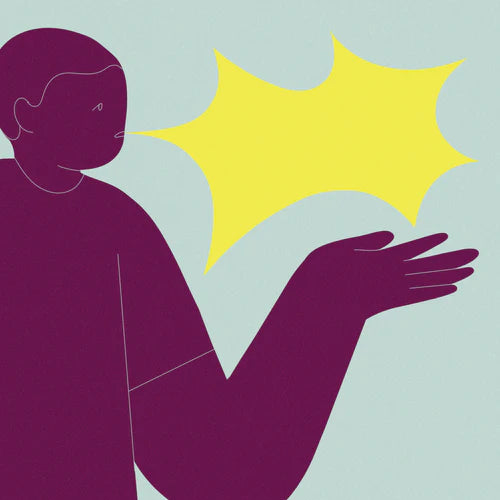
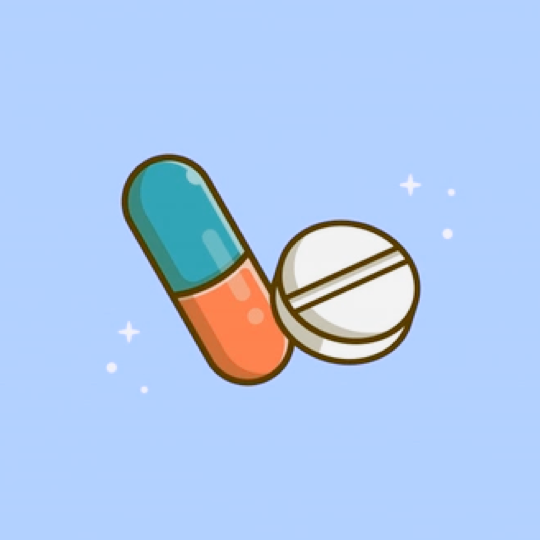
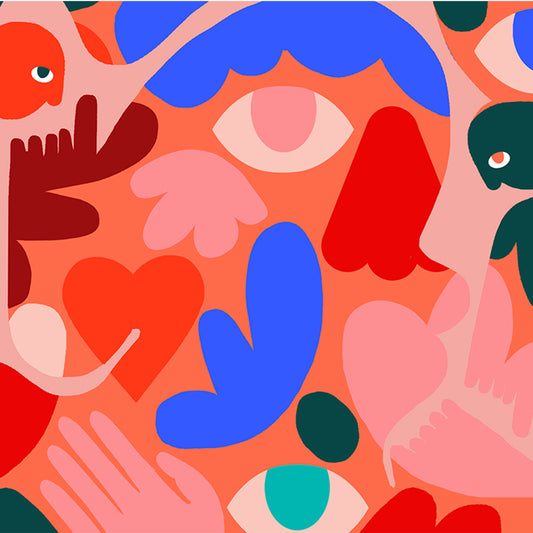
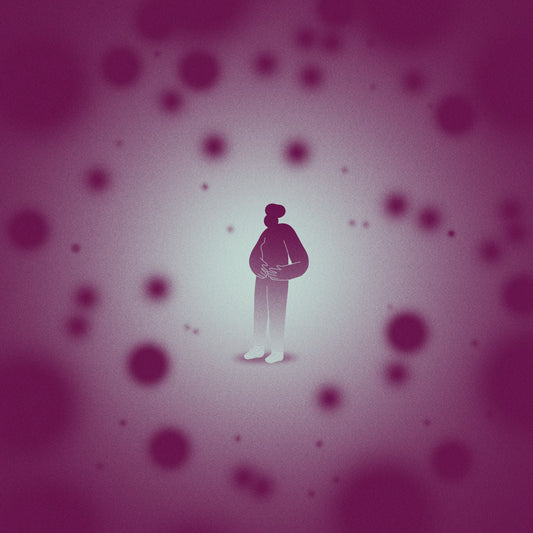
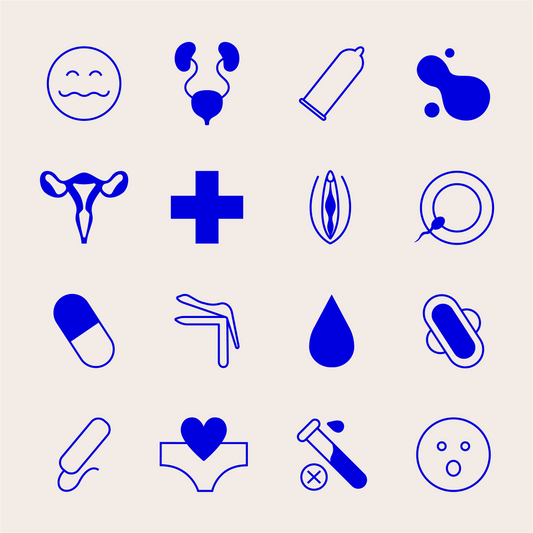
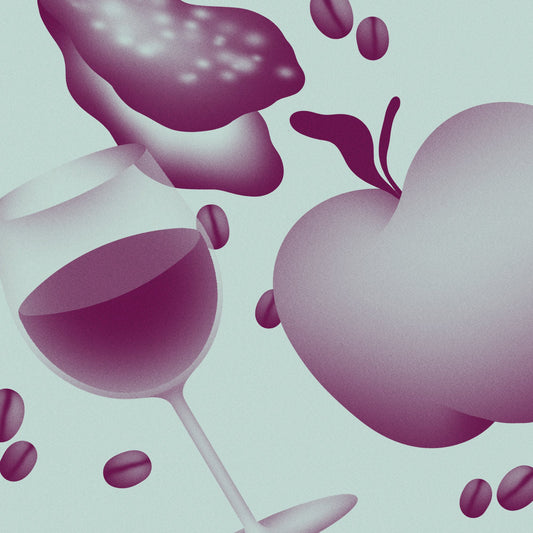














































2 comments
Great read! It’s helpful to see such a well-researched breakdown of supplements to increase sex drive. Natural options like maca and ashwagandha really do make a difference when combined with a healthy lifestyle. Thanks for highlighting safe, effective choices
“Exploring the benefits of herbal sex medicine has been an enlightening journey for me. It’s refreshing to see a growing interest in natural remedies that focus on overall well-being. As someone keen on holistic health, I appreciate the emphasis on herbal ingredients known for their traditional aphrodisiac properties. This aligns with the idea that nature provides solutions for various aspects of our health. I look forward to discovering more about herbal sex medicine and its potential in promoting a balanced and natural approach to intimate well-being. Kudos to the insightful content and discussions on this topic!”
herbal sex medicine